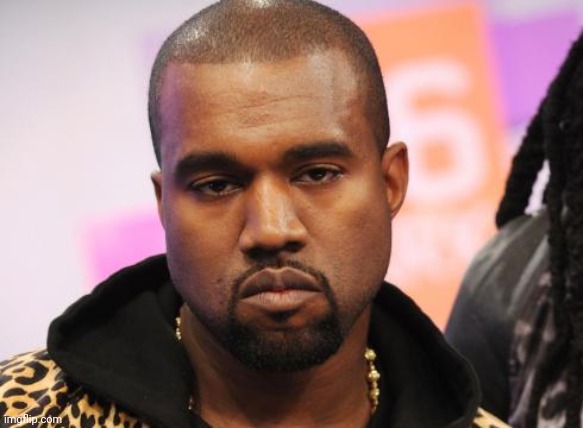Trump’s Must-Carry Lawsuit Against Twitter Moved to Twitter’s Home Court–Trump v. Twitter
(A reminder that Trump’s legal filings routinely make brain-meltingly stupid arguments. This one is no exception).
Twitter’s TOS, which Trump agreed to in 2009 when he created his account, contains a mandatory venue clause. To get around this, Trump claimed he “is exempted from the forum selection clause because he was the sitting President at the time his Twitter account was suspended and was legally unable to accept the forum selection clause.”
The court gently shreds this argument. It says that the “Court does not find, nor do the Plaintiffs cite to, any section of the code that prevents a federal actor from accepting a forum selection clause.” It also says that the Knight Institute v. Trump ruling had no bearing on venue selection (and, as usual, there’s irony in how Trump tries to turn a bad courtroom loss into something that benefits him). “For these reasons, the Court finds that Trump’s status as President of the United States does not exclude him from the requirements of the forum selection clause in Twitter’s Terms of Service.”
The court could have listed other reasons to reject Trump’s argument, like Trump signed up for the account when he wasn’t a sitting president, he filed the case when he wasn’t a sitting president, and other plaintiffs on the complaint have never been president and thus cannot benefit from these arguments. Plus, yes, Trump literally takes the position that the rule of law doesn’t apply to him–even if it applies to “ordinary” Americans. And the odious idea that a government actor can force private publishers to carry their unwanted propaganda is the kind of “rule of law” we see in banana republics.
The court goes on to explain why the venue clause is mandatory, not permissive, and why it covers Trump’s claims. This is not a hard case.
As a last-ditch effort, Trump argues that he should benefit from the “consistent content moderation” requirement of Florida’s new social media censorship bill (another ironic claim, because he literally just argued that his forum selection situation should not be treated consistently with other users due to his presidential status, but whatever). That law can’t be applied retroactively, and it’s currently enjoined as unconstitutional, but the court rejects the argument on more mechanical grounds.
Having established the enforceability of Twitter’s forum selection clause, the burden shifts to Trump to provide a public policy argument in favor of keeping the case in Florida. The court recaps Trump’s arguments:
(1) the FDUTPA claims constitute a localized controversy that will affect how the Defendants engage in business in Florida; (2) several Plaintiffs, including Trump, are residents of Florida; (3) the bargaining positions between Twitter and its users weighs against a transfer, (4) Justice Clarence Thomas’s concerns regarding Section 230 in an opinion on a petition denying a writ of certiorari; and (5) recent case law weighs against a transfer of this action.
Unsurprisingly, the court shuts these arguments down:
- “this case does not present a localized controversy that warrants keeping the case in this district. ‘To the contrary, this case
involves issues that are national in scope.'” (Cite to Trump v. YouTube) - “almost half of the Plaintiffs reside outside of Florida and Twitter’s inconsistent application of its rules and policies occurs nationwide.” (Trump routinely disregards his co-plaintiffs, unless they help his personal situation).
- Twitter is headquartered in California.
- The case involves interpretation of constitutional rights, i.e., the First Amendment.
- “the Plaintiffs’ remaining arguments related to the parties’ bargaining power, Justice Clarence’s concerns, and the addictive nature of social media do not constitute the types of public interest considerations that weigh against applying a forum selection clause…These arguments do not share a nexus with Florida and instead raise general national issues related to social media platforms.”
Plaintiffs always lose must-carry lawsuits, and Trump’s arguments give no reason believe that he will become the exception to the dozens of failed cases that preceded this case. That prediction grows increasingly likely watching how easily the courts breeze through Trump’s attempts to fight the mandatory venue clauses.
Recently, Trump filed a preliminary injunction motion in this case while the venue transfer motion was pending. I’m not sure about litigation etiquette, but to me, Trump’s move seemed to be premature, ill-advised, or bad form. I didn’t blog the motion in part because I wasn’t sure if the court would ever hear it in its current form. (Of course, Mike Masnick blogged it at Techdirt). After all, with the venue switch, the Ninth Circuit caselaw will become more relevant than the 11th Circuit caselaw. Now, the plaintiffs ought to redo their preliminary injunction motion to reflect the revised precedent.
Case citation: Trump v. Twitter, Inc., 1:21-cv-22441-RNS (S.D. Fla. Oct. 26, 2021)
